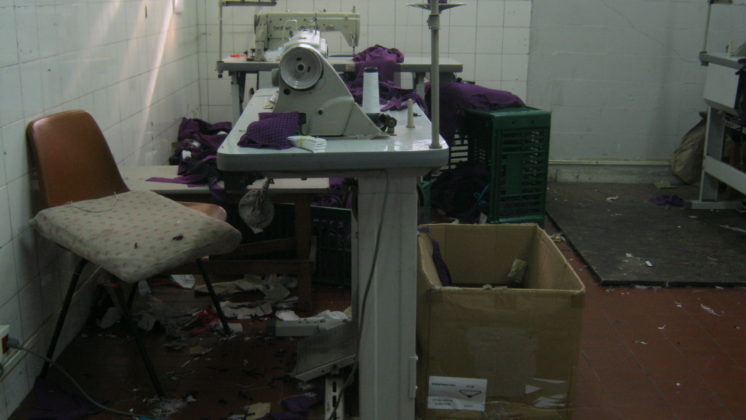When confronted with negative human rights and environmental impacts in their supply chain, buying companies argue they could not have reasonably detected these impacts due to the complexity of the chain. Or else they argue that they have limited leverage to realise improvements, thereby denying responsibility for any impacts.
CASE STUDY: Zara fights sanctions for forced labour in Brazilian supply chain
Despite the many resources and plentiful guidance that is available,[1] many companies still claim that it is difficult to conduct due diligence on the raw materials, parts or products they source beyond their first-tier supplier because of the complexity of supply chains. This situation is increasingly unsatisfying. This is in part because civil society organisations continue to be able to uncover unacceptable production conditions further down the supply chain, and it is partly because buying companies have played their part in creating the complexity in the first place. However, the norms clearly show that responsible business due diligence does not stop at the first tier, but covers the entire supply chain.
In addition to using the complexity argument, companies often claim to have limited leverage vis-à-vis suppliers in third countries. They argue that the conditions in their supply chain (plantations, factories etc.) are either the prerogative of the suppliers, over whom they may claim to have no influence or control; or are determined by the supplier’s government, over which they also claim to have limited leverage.
These claims contradict the international normative framework, which clearly sets out that the corporate responsibility to respect human rights exists independently of the state duty to protect; and extends to the supply chain and suppliers. Furthermore, existing norms never exempt a company from responsibility in situations of limited leverage. Limited leverage is only a condition to take into account in designing actions to prevent and address human rights impacts. If leverage cannot be obtained in any way, responsible disengagement should be employed.
Harmful sourcing practices
Sourcing practices and contractual arrangements can actually be the cause of rights violations in the supply chain. For example, the sheer market power of fashion brands and retailers operating in low-income countries emboldens them to negotiate harmful and unbalanced contract terms granting them the power to unilaterally alter major supply orders without notice, often in shockingly short time-frames, for incredibly low prices.[2]
The same holds for the market power of supermarkets in the food industry, the acknowledgement of which has actually led to the adoption of an EU directive on Unfair Trading Practices.[3] Certain terms set by these powerful buyers cannot realistically be fulfilled by factory owners or farmers without cutting essential occupational health and safety costs, such as fire safety measures in factories; not to mention offering workers a decent, living wage.
[1] Business & Human Rights Resource Centre. “Implementation within Supply Chains.” https://www.business-humanrights.org/en/un-guiding-principles/implementation-tools-examples/implementation-by-companies/type-of-step-taken/implementation-within-supply-chains (accessed 14 May 2020).
[2] Mark Anner, Jennifer Bair, and Jeremy Blasi, “Toward Joint Liability in Global Supply Chains: Addressing the Root Causes of Labor Violations in International Subcontracting Networks,” Comparative Labor Law & Policy Journal 35, no. 1 (2013): 1–44, https://heinonline.org/HOL/Page?handle=hein.journals/cllpj35&id=13&div=&collection= (accessed November 11, 2019); openDemocracy and Mark Anner, “What does buyer power look like in a supply chain?,” YouTube, video recording, June 8, 2016, https://www.youtube.com/watch?v=vuzW7JblnmA (accessed November 11, 2019).
[3] European Commission. “Unfair Trading Practices in the Food Chain: The EU Strengthen Farmers’ Position in the Food Supply Chain, Tackling Unfair Trading Practices.” https://ec.europa.eu/info/food-farming-fisheries/key-policies/common-agricultural-policy/market-measures/agri-food-supply-chain/unfair-trading-practices_en (accessed 14 May 2020).

